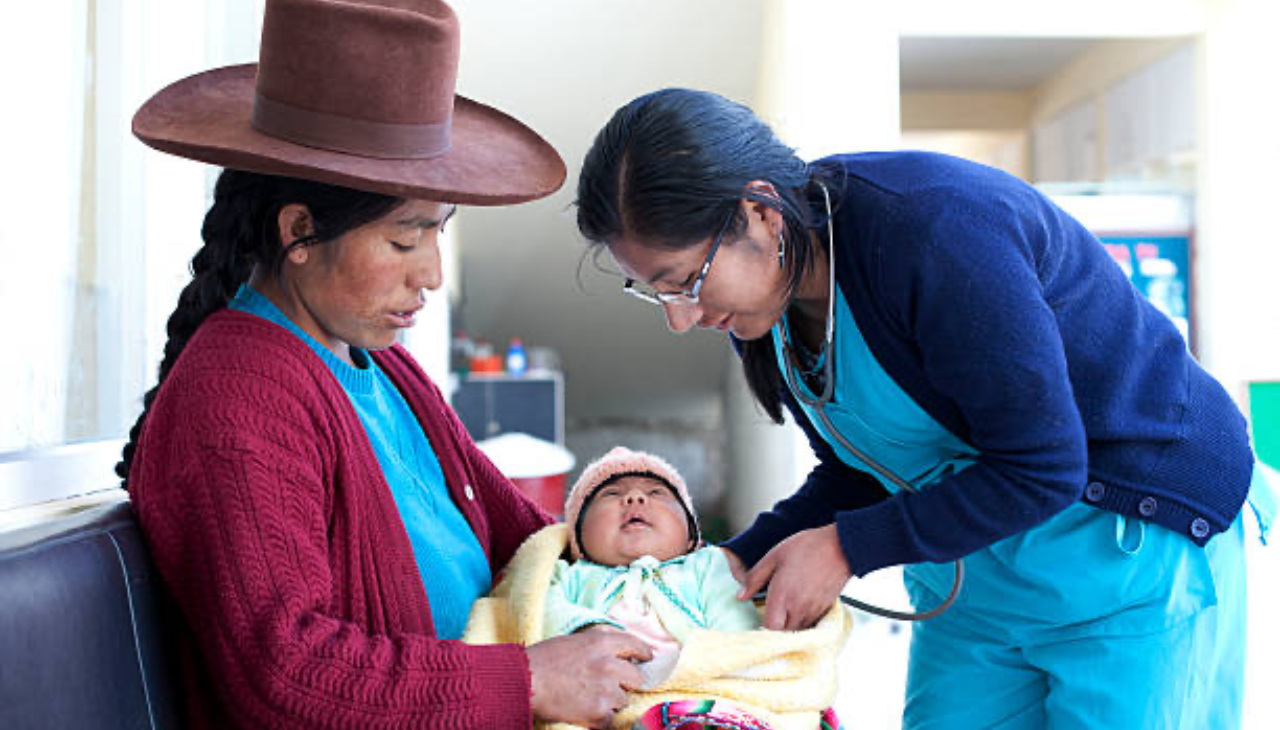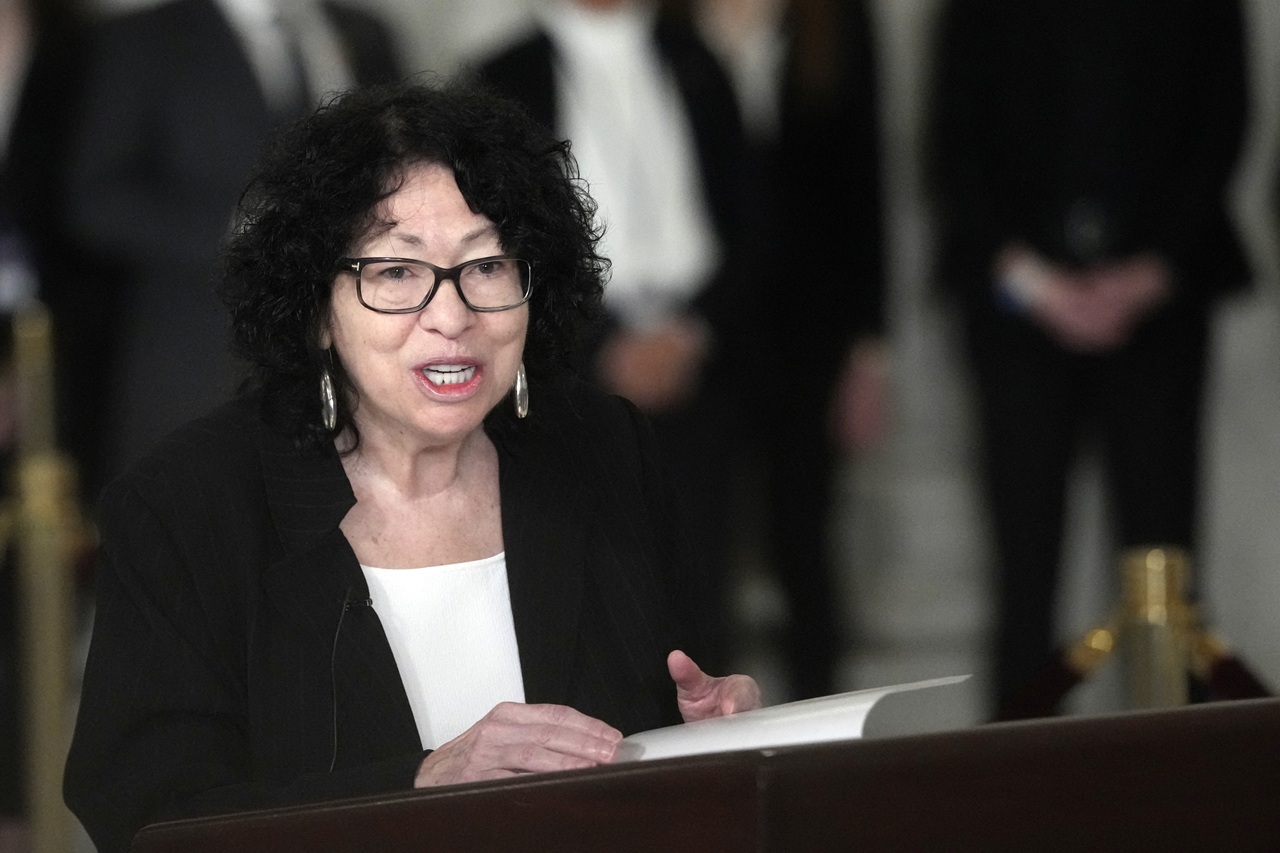
Strengthening Latin American and Caribbean access to healthcare
EU-CELAC introduced the EU-LAC Global Gateway Investment Agenda, which includes a list of more than 130 projects and a €3,8 million agreement for healthcare.
The European Union and the Community of Latin American and the Caribbean states (CELAC) held their 3rd Summit in Brussels, gathering leaders from 33 Latin American and Caribbean countries.
President of the European Commission Ursula von der Leyen presented the EU-LAC Global Gateway Investment Agenda (GGIA), which will invest over €45 billion ($50,058,900) “to support the reinforced partnership with Latin American and the Caribbean until 2027,” in areas of fair green transition, an inclusive digital transformation, human development and health resilience and vaccines.
“This EU-CELAC Summit felt like a new beginning between old friends. These are times of great geopolitical change, and like-minded friends like the EU and Latin American and Caribbean partners need to get closer,” said von der Leyen in a press release. “This is what we are doing with our new Global Gateway Investment Agenda, under which we will invest more than €45 billion in the region. We want to bring benefits to local communities and create value chains locally in the region. This is the spirit of our partnership.”
European Commissioner for International Partnerships, Jutta Urpilainen, and Director of Health Systems and Services of the Pan American Health Organization (PAHO), Dr. James Fitzgerald, signed a €3,8 million ($4,227,557.00) agreement to strengthen access to healthcare technology in Latin America and the Caribbean — the EU will contribute €3 million ($3,337,275.00) and PAHO €800,000 ($889,940), sharing the common goal of “promoting increased equitable access to quality-assured, safe, effective, and affordable health technologies in Latin America and the Caribbean.”
“I am proud that we are strengthening cooperation for healthier and stronger people in both our regions together with our Latin American and Caribbean friends at PAHO, in line with the EU-LAC partnership on health launched last year,” Commissioner Urpilainen said. “The partnership we are building illustrates what the EU’s Global Gateway strategy is all about ensuring a clean, fair green, and digital transition, which has the people at its centre. The aim is that our citizens can live longer, happier lives and that we can overcome together diseases such as COVID-19, malaria, yellow fever, tuberculosis, or HIV/AIDS.”
RELATED CONTENT
The EU and PAHO will work together to strengthen “regulatory frameworks technologies transfers, increasing manufacturing capacities that remain key drivers to enable in the area of a sustainable pharmaceutical production and private sector investment,” which aligns with the regional Plan for self-sufficiency in health matters, endured by CELAC in September 2021.
“PAHO values this new partnership with the European Commission to scale capacity in innovation and manufacturing of vaccines, medicines, and other health technologies in Latin America and the Caribbean,” Director Fitzgerald said. “It is only through such partnership will we be better prepared to develop the technologies we need to address regional health needs, including during times of pandemics.”
The GGIA includes a list of more than 130 projects with close cooperation with the Spanish Presidency — some of the projects include: expanding telecoms networks in the Amazon region (Brazil); helping with the electrification of public transport in Costa Rica; construction of a metro line in Colombia; deployment of 5G to reach island-wide broadband access (Jamaica), to name a few.
“We want that our investments come with the highest environmental and social standards, with transparency about what is happening; we want to share technology and knowledge; and the training of the local workforce for the jobs of the future is one of the core elements,” von der Leyen said. “In this investment, it is important for us – and this is what makes it different – that the local communities benefit from the value chains and the added value produced there. This is also in our interest because we want reliable and trustworthy suppliers.”










LEAVE A COMMENT: